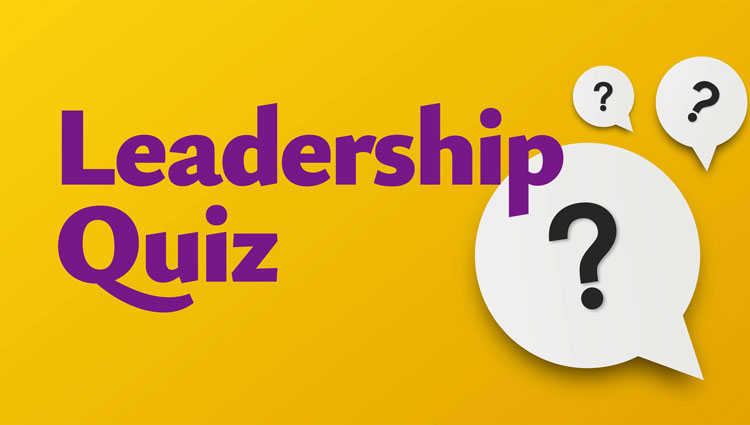A Reality Check for Fundraisers Who Want a Seat at the Table
What separates fundraising leaders who command respect at the strategy table from those who get overlooked? Strategic fundraisers master both relationship expertise and hard organizational intelligence—they know their numbers, their donors, and their institutional landscape cold.
Most fundraisers think they’re strategic. This leadership assessment will show you if you actually are.
This covers the knowledge foundations that distinguish effective fundraising leaders: financial metrics, donor intelligence, organizational priorities, and market dynamics. You’ll map your current strategic strengths and identify specific gaps that might be holding you back.
The goal isn’t just professional development—it’s positioning yourself as an indispensable strategic partner who brings both heart and hard data to every conversation. Compare your results with peers and see where you really stand.
Do You Know Enough to Lead?
A Reality Check for Fundraisers Who Want a Seat at the Table






